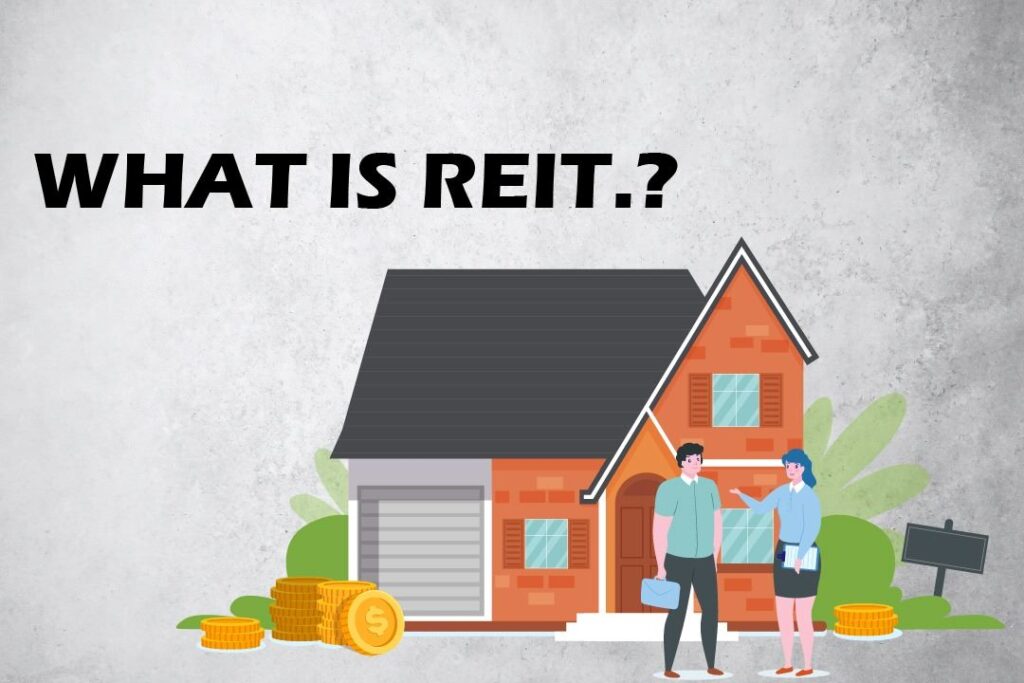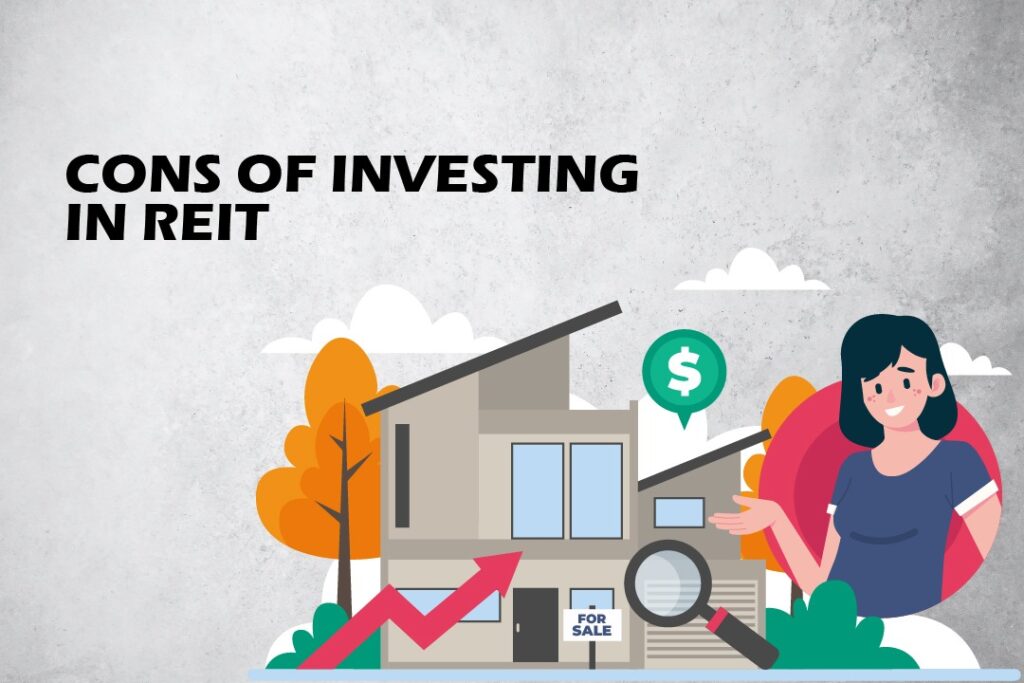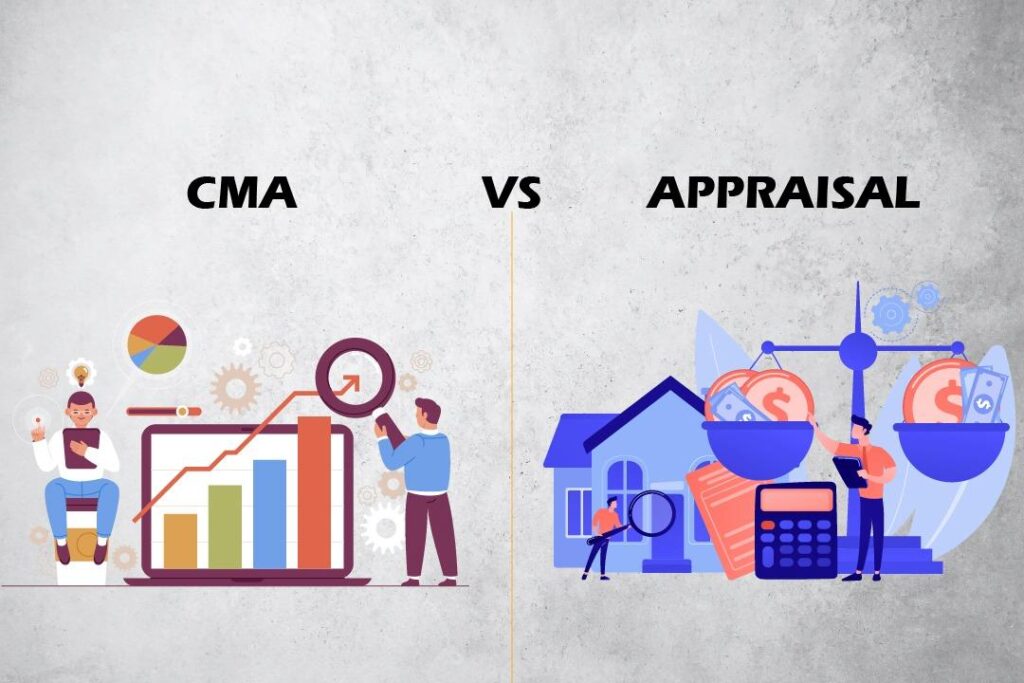The real estate business is in high demand in the United States, but it can be stressful
simultaneously. It requires significant hard work, dedication and market knowledge to
succeed. The processes in Rea Estate are complex and time-consuming, with multiple
stakeholders involved. As a result, real estate professionals often need help to perform and
make sound decisions. That’s where the Virtual Transaction Coordinator’s role comes into
play. They are experienced real estate professionals who assist in administrative tasks and
management support for agents and their clients.
In this article, we will learn about Virtual Transaction Coordinators, their responsibilities, and
the benefits they provide to a real estate business. So, let’s get started with it!
What is a Virtual Transaction Coordinator?
Virtual Transaction Coordinators are licensed professionals who play a key role in real estate
transactions. These individuals serve as a central point of contact for all parties involved,
including buyers, sellers, real estate agents, inspectors, and lenders. Virtual Transaction
coordinators carry out a wide range of tasks remotely, which include collecting and
processing paperwork, drafting and reviewing contracts, monitoring deadlines, and
communicating with all parties throughout the transaction.
Virtual transaction coordinators are well-organized and detail-oriented, with a thorough
understanding of real estate procedures. These professionals have exceptional
communication skills. Therefore, virtual transaction coordinators can be a valuable asset in
navigating the transaction process smoothly and efficiently.
What does a Virtual Transaction Coordinator do?
Virtual Transaction Coordinators perform a wide range of tasks, including:
Administrative Tasks
● Virtual Transaction Coordinators schedule appointments and meetings with buyers,
sellers, agents and all the other parties involved in a transaction.
● Manage contracts, disclosures and all the necessary paperwork
● Keeping check on timelines and deadlines to ensure that all tasks are completed on
time.
● Keeping all the involved parties updated and resolving any issues that may arise.
Documentation
● Virtual Transaction Coordinators gather all the necessary documentation and review
them thoroughly for the transaction. These documents may include appraisals, pre-
approval letters and documentation.
● They ensure the accuracy of all documentation.
● They compile and maintain all the necessary documentation in one file.
● These transaction coordinators send and receive documentation electronically to all
the parties involved.
Marketing
● Virtual Transaction Coordinators manage marketing materials such as flyers,
brochures and social media posts.
● They get in touch with the customers and respond to inquiries from potential buyers.
● They negotiate offers on behalf of their clients.
Research & Analysis
● Virtual Transaction Coordinators prepare Comparative Market Analyses (CMAs) to
help clients price their homes.
● They research market trends and comparable properties to guide their clients to
make informed decisions. They analyze their client’s loan documents and make sure
that their client is getting the best possible terms and interest rate.
Benefits of having a Virtual Transaction
Coordinator
Reduced Stress & Workload
● Virtual Transaction Coordinators can be significantly helpful in handling all your
paperwork and communication associated with your transaction.
● They ease your burden and free up your time to focus on marketing, leads and sales.
● They take care of the deadlines and ensure that all the necessary tasks are
completed on time.
● They carry out the administrative and logistic aspects of your transactions.
Increased Efficiency And Accuracy
● Virtual Transaction Coordinators are well experienced in the real estate transaction
process, so they can guide you through the right strategy to avoid costly mistakes.
● These professionals can help you close your deals efficiently by streamlining the
transaction process.
● When you have a Virtual Transaction Coordinator in your team, you will likely be
confident that your transactions are handled professionally.
Improved Customer Service
● Virtual Transaction coordinators engage with the clients and provide them with
personalized attention throughout the transaction process.
● They answer the questions of your clients and address their concerns.
●With improved customer service, you will have more satisfied clients, and eventually,
you’ll end up building stronger relationships with the clients.
Cost Savings
● You can save a lot on hiring a Virtual Transaction Coordinator instead of hiring a full-
time staff member.
● Usually, Virtual Transaction coordinators charge on a per-transaction basis. It means
you only pay for the services you need for your real estate business.
● In addition, you can also save money by streamlining the transaction process and
reducing errors.
Flexibility
When you hire a Virtual Transaction Coordinator, they will be available on your schedule.
Therefore, you’re more likely to get the support you need.
Virtual Transaction Coordinators enable you to be flexible with your work and adapt to the
changing needs of your business.
They can help you cover vacations, sick days, and other unexpected absences.
Scalability
When your real estate business grows, you can scale your Virtua Transaction Coordinator’s
services accordingly.
These professionals can be hired on a contract basis, so you can hire or remove them when
needed.
You can avoid the costs and challenges of hiring and firing full-time staff members.
Access to a pool of experienced professionals
● Virtual Transaction Assistants often have extensive real estate industry experience,
so that they can provide valuable data and insights.
● Having experienced Virtual Transaction Coordinators in your team, you can be
confident that you are getting the best possible service.
Skills that a Virtual Transaction Coordinator
Possesses
Virtual Transaction Coordinator must have a variety of skills, including:
Reliability
● Virtual Transaction Coordinators must be able to meet deadlines and commitments.
● They must be able to work independently and also as a part of a team
● They must have the ability to handle stressful situations professionally.
Communication skills
● Virtual Transaction Coordinators must be able to communicate complex real estate
concepts to clients clearly and concisely.
● They must communicate effectively with clients, lenders, appraisers, agents and
inspectors.
● They must be able to keep all parties informed of the transaction’s progress.
Organizational Skills
● These professionals must be able to develop and maintain a system for tracking all
aspects of the transaction, such as deadlines, tasks and documents.
● They must have the potential to manage a large volume of paperwork and
documentation.
● They must have the knowledge and skills to prioritize tasks and manage their time
effectively.
Attention To Detail
● Virtual Transaction Coordinators must be able to review all the documents and
contracts to ensure their accuracy.
● They must have the ability to identify problems and design a strategy to tackle those
problem.
● They must be able to follow up on all tasks and ensure that everything is well in
order.
In conclusion, hiring a virtual transaction coordinator can be one of the best
investments in your real estate transaction. Virtual Transaction Coordinators can
help you reduce stress, save time and money, and improve customer service. If you
are looking for a way to streamline your real estate transaction process, consider
hiring a virtual transaction coordinator today at RealandVAs to experience the
benefits of a more efficient and stress-free real estate business.





























